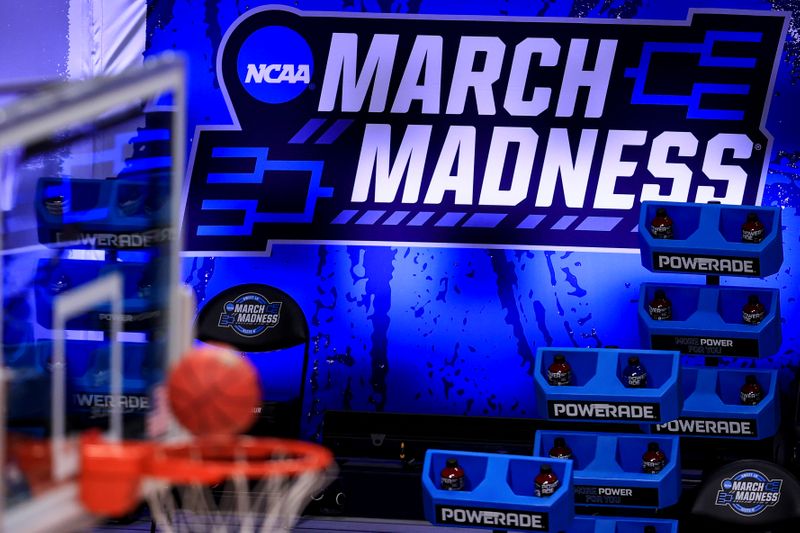By Lawrence Hurley
WASHINGTON (Reuters) -U.S. Supreme Court justices on Wednesday grilled the National Collegiate Athletic Association on its bid to maintain limits on education-related compensation for student-athletes, questioning its reliance on what critics have called the sham of amateurism in college sports.
During about 90 minutes of arguments in the NCAA's appeal of a lower court ruling against the major governing body for U.S. intercollegiate sports, some of the nine justices seemed concerned that the organization could be using the cloak of amateurism to fix labor prices at an artificially low level.
"The antitrust laws should not be a cover for exploitation of the student athletes," Justice Brett Kavanaugh said.
The case concerns NCAA limits on non-cash payments to college athletes related to education, including benefits such as computers, science equipment and musical instruments. The San Francisco-based 9th U.S. Circuit Court of Appeals last year found the NCAA's rules to be anticompetitive under a federal law called the Sherman Antitrust Act.
When the NCAA's lawyer, Seth Waxman, cited the organization's more than 100-year history of promoting amateur sports, Justice Elena Kagan signaled skepticism.
"I guess it doesn't move me all that much that there is a history to this if what is going on now is that competitors - as to labor - are combining to fix prices," Kagan said.
Justice Samuel Alito noted that college athletes already receive other benefits, such as scholarships and accommodation.
"The distinction is not whether they are going to be paid, it's the form in which they are going to be paid and how much they are going to be paid. Isn't that right?" Alito asked.
But the justices also questioned a 2019 injunction issued by California-based U.S. District Judge Claudia Wilken allowing education-related compensation, wondering among other things if the judge had imposed arbitrary new rules and paved the way to a whole host of future challenges to other NCAA policies.
"I worry a lot about judges getting into the business of deciding how amateur sports should be run," Justice Stephen Breyer said.
Chief Justice John Roberts said his main concern is that if the injunction is upheld then other challenges would follow that would ultimately doom college sports as an amateur product. Roberts compared it to the popular game Jenga that involves building towers out of wooden blocks and trying to avoid a collapse.
"It's like a game of Jenga. You've got this nice solid block that protects the product the schools want to provide. You pull out one log and then another and everything's fine - and then another and another. And then, all of a sudden, the whole thing comes crashing down," Roberts said.
College athletes who filed lawsuits in 2014 and 2015 - consolidated into a single case in California federal court - have argued that the NCAA's compensation limits represent a form of unlawful restraint of trade at a time when the leading intercollegiate conferences are bringing in billions of dollars in revenue.
The case involves students who are players in the highest-level of college sports: NCAA Division I men's and women's basketball and those in the Football Bowl Subdivision. Football and basketball represent the major revenue-generating sports at the college level.
Although the case does not involve direct payments to athletes, the broader question of player compensation has increasingly become a point of contention. College sports, including the "March Madness" basketball tournament currently taking place, bring in billions of dollars in revenue but players remain tied to what critics call a fiction of amateurism.
The 9th Circuit upheld the judge's injunction, rejecting the NCAA's argument that its limits on education-related compensation were needed to preserve the amateur character of college sports, and thus competition in the market between amateur and professional sports. The 9th Circuit did find that the NCAA could limit non-education-related compensation.
Joining the NCAA in defending the rules are major college sports conferences including all of the big-money so-called Power Five conferences: the Big Ten, Southeastern Conference, Atlantic Coast Conference, Big 12 Conference and Pac-12 Conference.
